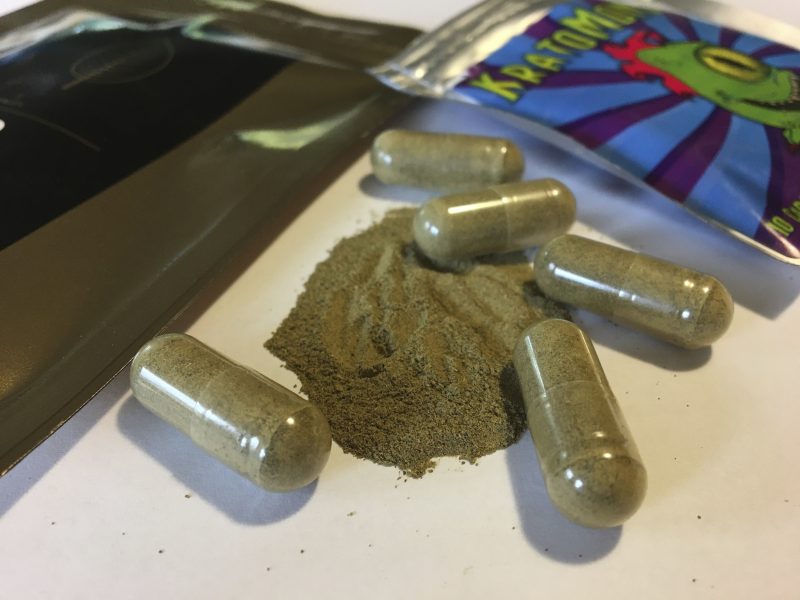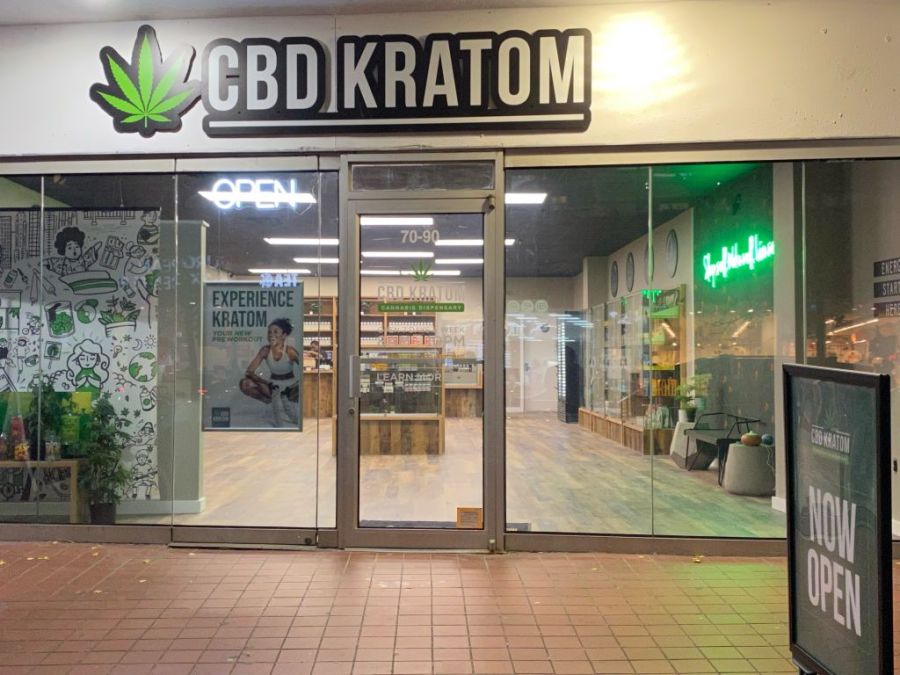What is kratom, the herbal product banned in six states?
(NEXSTAR) — In a world increasingly in tune with health fads and trends, paired with a decreasing interest in previously popular substances, it can be hard not to get caught up in alternatives and supplements.
Some, however, aren’t all they’re cracked up to be.
You may have heard of one such substance — found in convenience stores, bars, and even a new-to-the-market beverage — that has caught some attention recently: kratom.
But even if Kratom is new to you, state officials and federal regulators are already very familiar with the herbal product.
What is kratom?
Kratom is “an herbal substance collected from tropical trees native to Southeast Asia that can produce opioid- and stimulant-like effects,” according to the National Institute on Drug Abuse (NIDA). It contains chemical compounds which can affect the body, two of which are well-studied: mitragynine and 7-hydroxymitragynine.
Kratom can be found in capsule or powder form, the latter often being mixed into foods and beverages. One company is using it in a “euphoric seltzer,” while another has multiple kratom-based products that can “improve mood, focus and energy.”
There are no FDA-approved uses of kratom or kratom-based products, the NIDA explains, but it has been used to “manage drug withdrawal symptoms and cravings” as well as pain, fatigue, and mental health problems. Roughly 1.7 million Americans over the age of 12 use the substance annually.
Is kratom safe?
The FDA says using kratom can lead to “serious adverse events, including liver toxicity, seizures, and substance use disorder (SUD).” If they have prolonged exposure to kratom before birth, newborns have been known to experience abstinence syndrome with symptoms including jitteriness, irritability and muscle stiffness, the FDA explains. Kratom products have also been linked to deaths, the FDA and the Mayo Clinic report.
Recent research by the FDA, however, found that kratom leaves may be safe, even in high doses, when taken in capsule form, Bloomberg reports. That research, which has not been peer-reviewed or published, did not consider the safety of drinks and concentrates, which can contain higher levels of kratom.

New Brew, which sells a “euphoric seltzer” with kratom and kava root, does warn that its beverage can be habit-forming but compares it to “other mind-altering substances on the market” like cannabis, alcohol and caffeine.
“They are neither totally benign nor totally dangerous. All of these widely available substances can be super problematic if misused,” reads a blog post by New Brew. “As potent plants with genuine effects, kratom and kava require a similar degree of caution and care, and should only be used by informed adults, and avoided by those practicing sobriety.”
The company also provides a list of “dos and don’ts” when it comes to consuming its beverage, like sipping slowly, assessing your tolerance, and drinking plenty of water while having New Brew. It also warns consumers to consult with a doctor before trying New Brew if they are taking prescription medications, not drinking it every day, and avoiding mixing the drink with alcohol or other substances.
Is kratom legal?
Despite the health concerns expressed by federal regulators, kratom is not a controlled substance in the U.S. (It’s worth noting that cannabis is a Schedule I drug in the U.S.)
A pair of bills were introduced in Congress last fall that would “protect access to kratom” by directing the Secretary of Health and Human Services “to gather information about kratom and limit the Secretary’s authority to impose regulations on kratom,” according to a summary by the Congressional Research Service. In both the House and the Senate, the bills were referred to committees and have remained there ever since.

However, multiple states have banned mitragynine and 7-hydroxymitragynine, the active alkaloids in kratom. That includes Alabama, Arkansas, Indiana, Rhode Island, Vermont, and Wisconsin, according to congressional data. Tennessee regulates the sale of the kratom plant but has a ban on synthetic kratom alkaloids.
The same congressional report, released in November 2023, shows at least 16 states regulate the sale of kratom products through age restrictions, marketing to children, rules on adultering the product, how strong it can be, labeling, testing, having a permit, using synthetic alkaloids, taxing, or other means. Those states include Arizona, Colorado, Florida, Georgia, Illinois, Louisiana, Minnesota, Nevada, Oklahoma, Oregon, South Dakota, Tennessee, Texas, Utah, Virginia, and West Virginia.
The Drug Enforcement Administration has labeled kratom as a Drug and Chemical of Concern.
Copyright 2024 Nexstar Media Inc. All rights reserved. This material may not be published, broadcast, rewritten, or redistributed..











